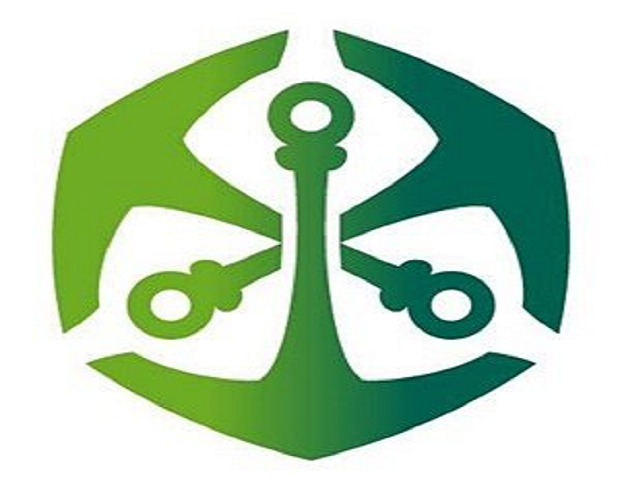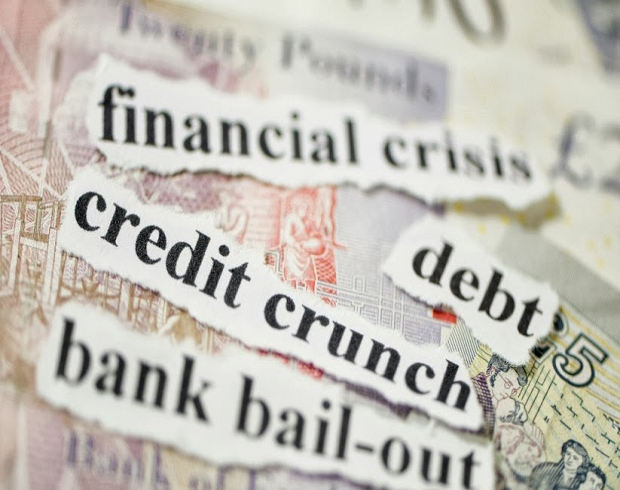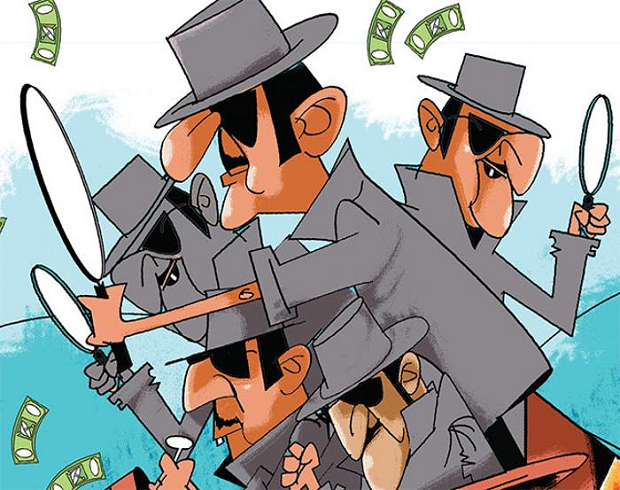The unfolding South African Peter Moyo vs Old Mutual case is beautiful for the lessons it provides boards and executives simultaneously on various aspects including director conflict of interest, conflict management within a board and, most importantly, crisis management and communication. It is the latter aspect that I want to focus on today. By way of quick summary, on 24th May 2019 the board of Old Mutual Limited released a statement to the Johannesburg Stock Exchange that it was suspending the CEO, Peter Moyo. A few weeks later, another statement was released that Peter Moyo’s employment was being terminated. The reason given was concerns that had emerged relating to a conflict of interest in a company in which Peter Moyo was the chairman and in which Old Mutual was a shareholder. Needless to say the you-know-what hit the fan and Moyo hired a lawyer to sue the company, its board of directors and pretty much anyone who looked at him the wrong way. Both Moyo and his lawyer took to the airwaves and painted a picture of an innocent victim of board injustice, dragging the board chairman, Trevor Manuel into the fray as one already having his own conflicts.
The lesson in crisis management communication is this: take control of the narrative early and quickly. In Moyo’s case, both he and his lawyer took whatever opportunities were availed by television and radio stations to provide sound-bytes and long interviews telling his side of the story. Old Mutual limited itself to press statements with footnotes directing enquiries to the Head of Investor Relations and the Head of Communications. Curious. A bit stand offish, no? But this was likely after the advice of the 10th Battalion of Lawyer Generals who must have said that the board and its chairman cannot be seen to be engaging in the public domain, particularly since Moyo had swiftly taken them to court. When the court issued a reinstatement order on July 30th 2019, Moyo promptly went to work on 31st July, with television cameras conveniently located at the Old Mutual headquarters building entrance. The cameras recorded Moyo’s unsuccessful attempt to go to his offices and the polite rebuffing as his access cards didn’t work and he couldn’t go past the client meeting rooms. Drama fit for a Mexican telenovela.
It is however important to note that Old Mutual and the 10th Battalion were doing a phenomenal job of giving their side of the story. On their company website. If you want to learn the art of being open and transparent about a crisis of magnificent proportions, please visit that website. There is a whole section dedicated to giving a synopsis of the events from the beginning and the materials related to the court case. One colorful and artfully designed communication piece titled the “Peter Moyo Case Factsheet” provides a play by play response to every single assertion that Moyo has made against the company and its board.
Many more dry, impassive and robotic press statements later, the Old Mutual chairman finally put a human face to the board’s side of the story and speak to the public in September 2019 at a press conference and several other carefully orchestrated media interviews. Unfortunately he stepped into every executive’s nightmare: a gaffe landmine. Trevor Manuel, the board chairman said “If you take a board imbued with the responsibility and accountability and you get that overturned by a single individual who happens to wear a robe, I think you have a bit of a difficulty.” Eric Mabuza, Moyo’s lawyer took to the press with much relish at this gaffe, claiming that Manuel was essentially dismissing the entire judiciary since they all wear robes.
To his credit, Manuel owned the statement and apologized unreservedly for the comment a few days later. “It was never my intention to show disrespect to the learned judge or his judgement. I accept that my language was wholly inappropriate…..and sincerely regret the manner in which I did so. My respect for the judiciary is unshaken and rooted in our sound legal process where all voices are heard with remedies available to address differences of legal position.” Kudos to the lawyer who drafted this penitential masterpiece.
There will be no winners or losers when this case ends, is my prediction. This case will have to be settled out of court, out of the glare of the cameras and judges and the verbal fisticuffs that the protagonists have been undertaking outside of the courts. An out of court settlement that will allow both sides to save face is an imperative outcome of this convoluted discourse. It will let this matter slide into the annals of board mishaps and permit both sides to lick their wounds and move forward. After all CEOs, more often than not, never leave with empty hands.
Twitter: @carolmusyoka

 carolmusyoka consultancy
carolmusyoka consultancy
 @carolmusyoka
@carolmusyoka


